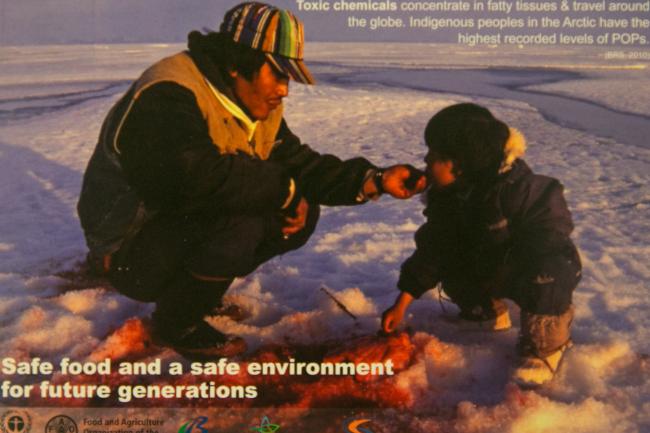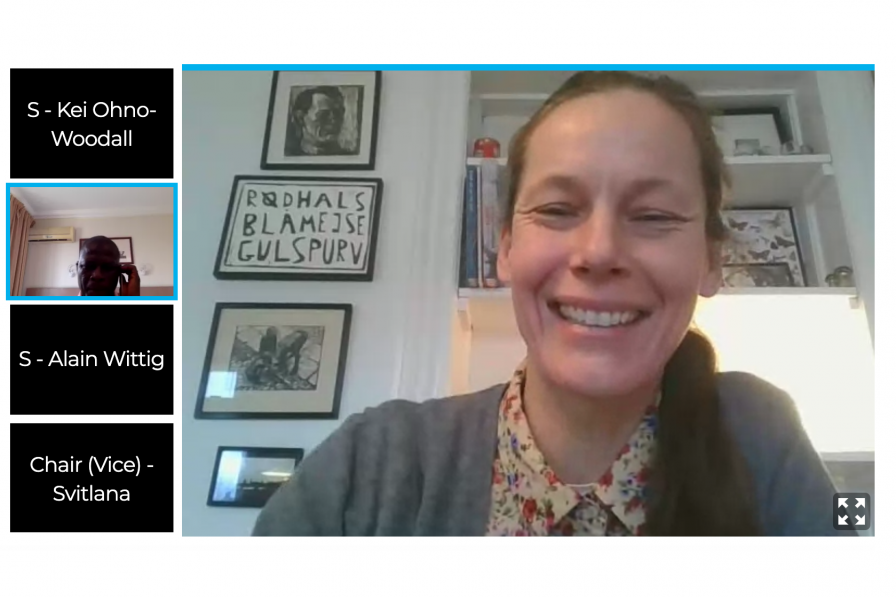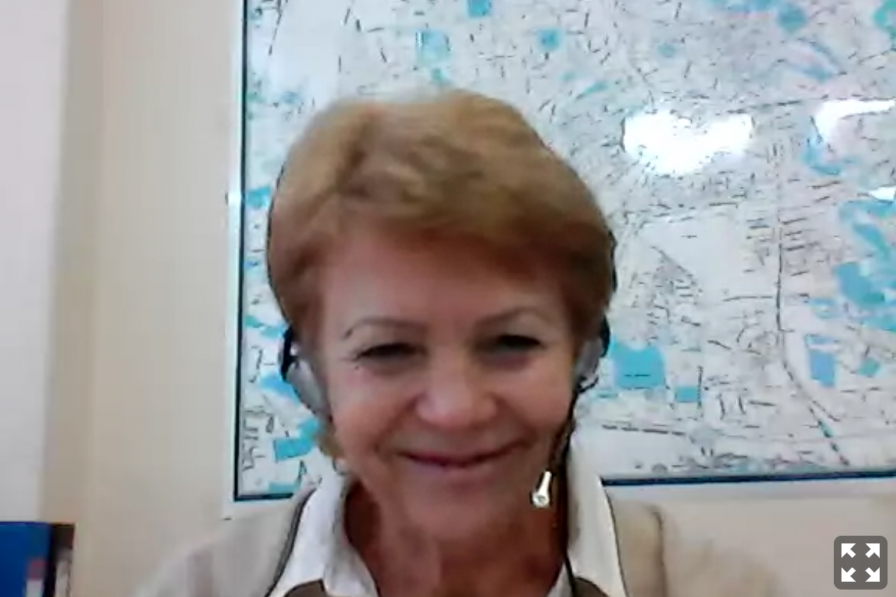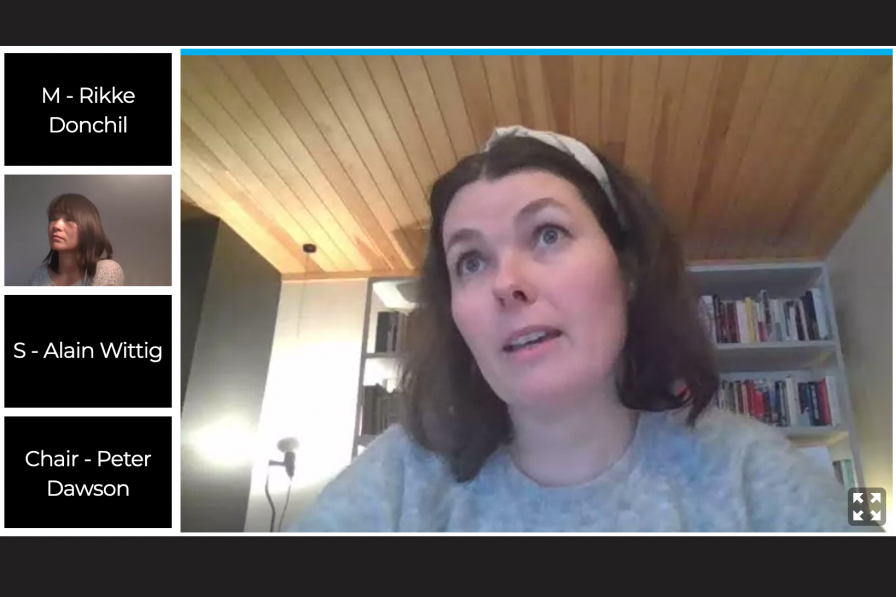On Tuesday the Persistent Organic Pollutants (POPs) Review Committee dug into work to support the elimination of two industrial chemicals that were listed in the Stockholm Convention in 2017: decabromodiphenyl ether (decaBDE) and short-chain chlorinated paraffins (SCCPs).
Parties to the Stockholm Convention listed these substances in Annex A (Elimination), and sought to ease the transition by giving countries the opportunity to request exemptions for a range of continued uses. For example, decaBDE may still be used in parts of certain vehicles, some textiles, plastic housings and parts for certain appliances, and polyurethane foam for building insulation. SCCPs may still be used in a variety of applications, such as lubricant additives for certain engines, as well as in adhesives and metal processing.
The Committee devoted almost all of Tuesday’s session to discussing the draft reports on continued need for exemptions, with members lamenting the lack of information submitted. Participants pointed out that it is difficult to assess whether the exemptions are no longer needed, parties do not know how these substances are being used, or whether this could even be a compliance issue. One member noted that several parties updated their national implementation plans as recently as December 2020, which could help fill gaps in information. The Committee discussed the possible need for an extension of this mandate, which would allow the Committee to gather additional information and report to the Conference of the Parties in 2023.
The Committee also initiated its consideration of the draft risk profile on methoxychlor, a pesticide many consider obsolete. Following the conclusion of the formal plenary session, participants met in a contact group and made many editorial amendments intended to clarify the draft text. The Committee will decide later this week whether to adopt the risk profile and advance methoxychlor to the final stage of review.




